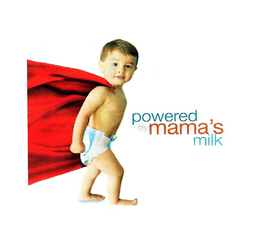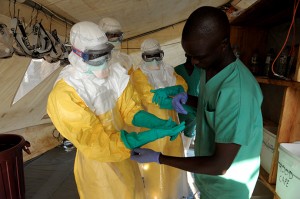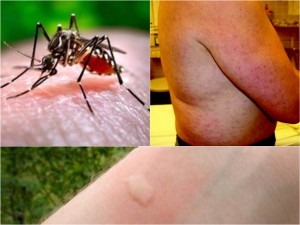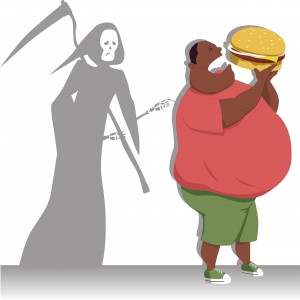
Over the past two weeks the Ice Bucket Challenge has become one of the hottest – or should I say coldest – viral video campaign in our country. Celebrities and “regular folk” from coast-to-coast have been pouring cold buckets of ice water (and hopefully donating as well) all in the name of ALS awareness and research. Though many of us have watched a few of these videos and some have even participated in them, not everyone actually knows what the cause they’re promoting is in the first place. Let me break it down for you so we can add some education to all of this awareness!
What is ALS?
ALS (Amyotrophic lateral sclerosis) is also known as “Lou Gehrig’s Disease,” a name that may ring a bell for you. The disease is progressive, and affects the nerve cells in the brain and spinal cord, impacting the motor neurons that go from the brain to the spinal cord to the muscles in the body that control voluntary movement. When I say voluntary movement I mean walking, using your hands, talking, etc. It does not impact muscles that control involuntary movement, which means it doesn’t impact breathing, your heart and so forth. As these motor neurons deteriorate and die, the brain becomes less and less able to control voluntary muscle movement, which eventually leads to muscle atrophy (this means they become smaller and thinner) and then total paralysis, organ failure and for some, death. Most ALS patients die within three to five years of diagnosis.
Is there a cure?
There is currently no known cure for ALS, but the good news is there is a wealth of understanding about the disease and there is also one FDA-approved drug that has been shown slow its progression as well as several promising clinical trials for drugs that will do the same. There are also treatments that can help make it more manageable and prolong survival.
No matter what your opinion on the Ice Bucket Challenge is, the numbers don’t lie. Donations have been staggering since its inception and are reaching high into the millions. These monies will then be used to help aid even more research, trials and hopefully will help us get to therapies that can reverse it and cure it forever!
Wishing you good health.
XO
Dr. V




